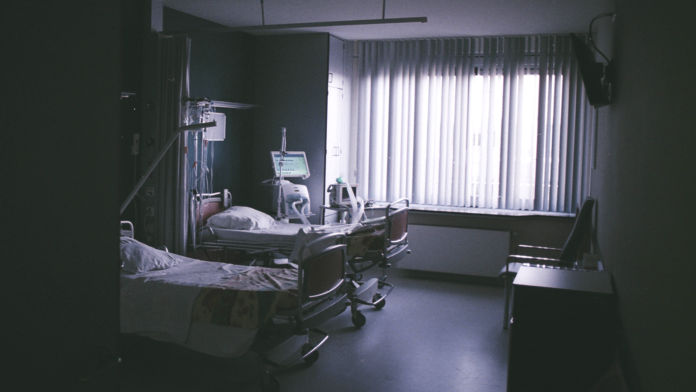Whether it’s for an hour, a week, or a month, hospitals are never a pleasant place to be. But now a new study has highlighted how the stress of being in hospital, even for a short while, can affect patient recovery and cause lasting effects that increase the risk of re-admission after discharge.
The study, led by researchers at St. Michael’s Hospital and the University Health Network, followed 207 patients admitted to internal medicine wards at two different hospitals. The participants, who had an average age of 60 and all spent at least 48 hours on the wards, were interviewed just before discharge about four areas of their hospital experience: sleep, mobility, nutrition and mood.
The participants were asked to rate several aspects of their hospital experiences, including how easily they fell asleep, how refreshed they felt after sleeping, whether they were able to stay active, how many meals were interrupted or missed, and any feelings of anxiety or depression.
Unsurprisingly, nearly all participants reported a disturbance in at least one category (93%), with mobility and nutrition the most commonly interrupted (reported by 78% and 55% respectively). A third reported disturbances in three or four categories. This ‘high trauma’ group, who were no sicker than other participants, were 16% more likely to return or be readmitted to the emergency department within a month.
“Everyone who works at a hospital knows intuitively that the disruptive hospital environment has a profound impact on patients,” said Dr. Amol Verma, a physician at St. Michael’s who co-led the study.
In that case, what’s new?
Verma explains although the trauma of being in hospital is well recognized, the researchers didn’t know how common and connected these disturbances were, how short-term exposure to these disruptions can trigger lasting effects even after people go home to their regular routines, and that the effect is cumulative. The good news is that the study also suggests that improving the patient experience while in hospital could also improve outcomes.
This could be as simple as minimizing alarms at night, offering earplugs and eye masks, helping patients get out of bed more often, making food more accessible, and meal times more protected. But the challenge is how to implement these simple interventions without adding to staff workloads.
The next step? Validate these findings at other sites and co-design potential solutions to improve the hospital experience for all future patients.








































